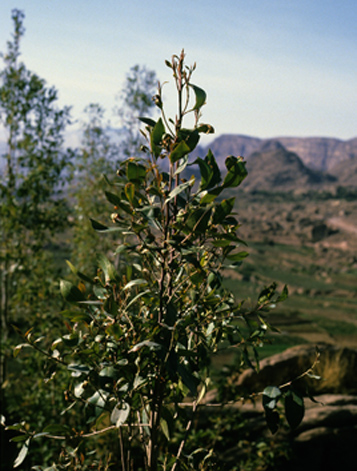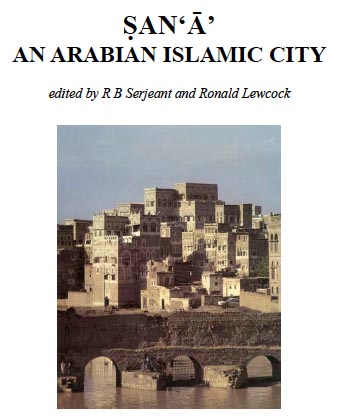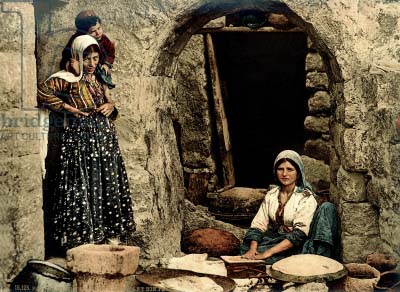
Qat tree in the highland valley of al-Ahjur; photograph by Daniel Martin Varisco
Ù…Øمد Ùارع Ù…Øمد الدبعي
بروÙيسور الموارد المائية – جامعة صنعاء
الأØد, 25 نوÙمبر, 2012
التÙكير جدياً ÙÙŠ استيراد القات من دول الجوار على مراØÙ„ ØÙاظاً على الإنسان ÙÙŠ اليمن.
لماذا كل شيء يمكن استيراده ÙÙŠ بلادنا (كل شيء) ما عدا القات؟؟
منع استخدام المبيدات ÙÙŠ زراعة القات لما تشكله من أضرار على صØØ© المواطنين
توطين تكنولوجيا تØلية المياه ÙÙŠ المناطق الساØلية باعتبارها الØÙ„ الذي لا بديل عنه لمجابهة الØاجة المتزايدة لهذا المورد على الدوام.
العمل على أن تكون عبوة قنينة الماء المعبأة نص٠لتر Ùقط، ØÙاظاً على كثير من الماء المهدور.
استيراد القات الخالي من المبيدات Ø£ØµØ¨Ø Ø¶Ø±ÙˆØ±Ø© للØد من الاستنزا٠الØاد للمياه الجوÙية والعبث بالمواطن اليمني صØياً ومادياً
المشكلة ÙÙŠ غاية الأهمية والخطورة بالنسبة لنا ولأجيالنا القادمة وعلى الجهات المسئولة إيجاد الØلول والمعالجات بدلاً من عقد المؤتمرات والندوات وورش العمل المغلقة التي تستهلك معونات وهبات المنظمات الدولية ويستÙيد منها منظموها Ùقط وبدون مردود على الصعيد الوطني. إن ما يتم القيام به Ù„ØÙ„ مشكلة المياه والØد من التوسع ÙÙŠ زراعة القات لا يلامس ØÙ„ المشكلة ولا يعطي الاطمئنان لتنمية مستدامة تبشر بمستقبل واعد.
لليمن تاريخ طويل ÙÙŠ إدارة الموارد المائية والØÙاظ عليها. وما بناء سد مأرب التاريخي قبل ثلاثة أل٠سنة، وصهاريج عدن التاريخية، وكذلك بناء السدود الصغيرة ÙÙŠ المنØدرات الجبلية، إلا شاهداً على ذلك، لقد اختÙÙ‰ الكثير من هذه السدود الصغيرة وأصبØت ÙÙŠ ذمة التاريخ، وما تبقى منها لا يعمل، لقد عملت هذه السدود على ØÙظ الماء من أجل الري الزراعي والشرب والاستخدامات المنزلية المختلÙØ©ØŒ وساعدت ÙÙŠ تغذية الخزان الجوÙÙŠ.
Continue reading خارطة طريق Ù„ØÙ„ مشكلة المياه والقات ÙÙŠ اليمن →








